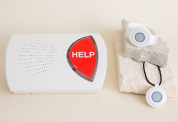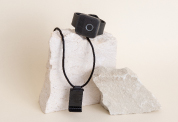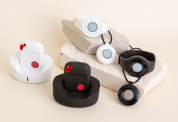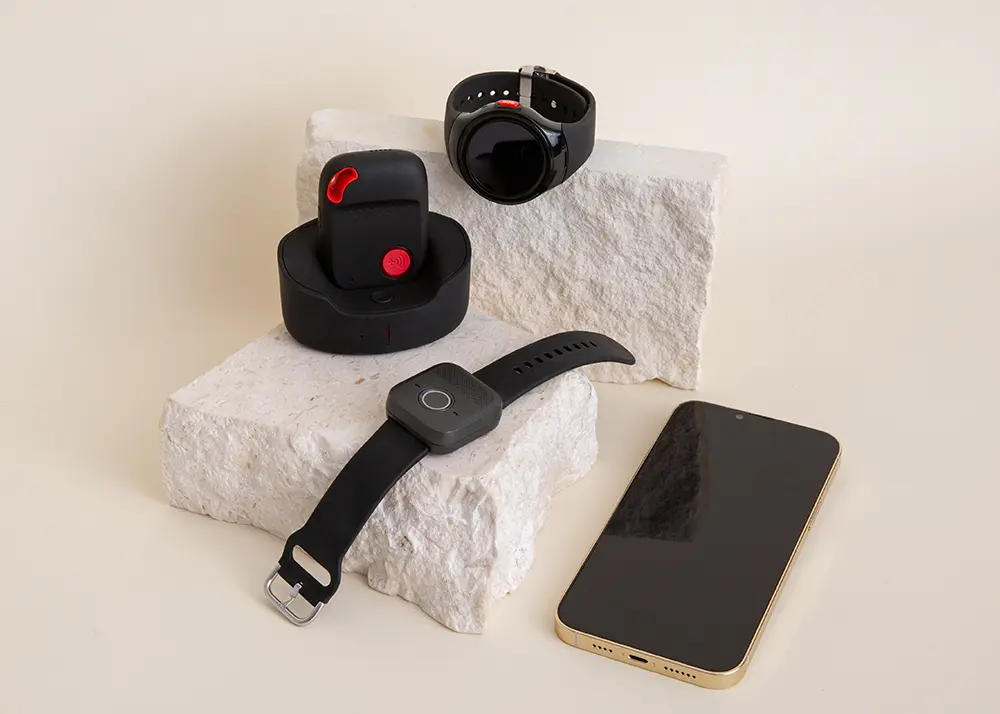What kind of home modifications do seniors need?
April 10, 2012

1. Install grab bars in the shower and near the toilet. The bathroom can be a slippery place, so in order to help your loved one prevent falls, it’s a good idea to set up bars that can be held on to for stability. Non-slip floor mats and non-slip tiles are also available.
2. Handrails on stairs – both inside and outside – are helpful to seniors who are a bit unsteady on their feet or who use an assistive device to walk. If there already are rails, be sure they’re always in good condition and are stable enough to hold your relative up if necessary.
3. If your relative uses a wheelchair or a scooter, wider doorways may be necessary to accommodate the device.
4. In the kitchen, it might be a good idea to make the countertops lower and put appliances in easy-to-reach places where your loved ones can reach them while sitting in a wheelchair. Lower cabinets may also be necessary.
5. Simplify furniture arrangements. Every room in you or your relative’s house should be easily accessible to your loved one. This means getting rid of throw rugs that could get caught underfoot, removing large objects and coffee tables that could be bumped into and taking out anything else that might be considered a tripping hazard. In the event of a fall a medical alert system with an automatic fall detection device can automatically place a call for help if your loved one is unable to.
6. Invest in a medical alert watch from Bay Alarm. With a medical alert device, your family member will be able to contact emergency services at the push of a button. This could come in handy in case of a fall or accident at home, and it can also be used to answer the phone quickly, so your loved one doesn’t have to try and rush to the telephone.
7. Make sure all areas of the home are well-lit. Seniors often need more light to see, so consider adding a few lamps to a room or installing overhead lighting in a space. Keep in mind, however, that harsh lights can be irritating and distracting.






